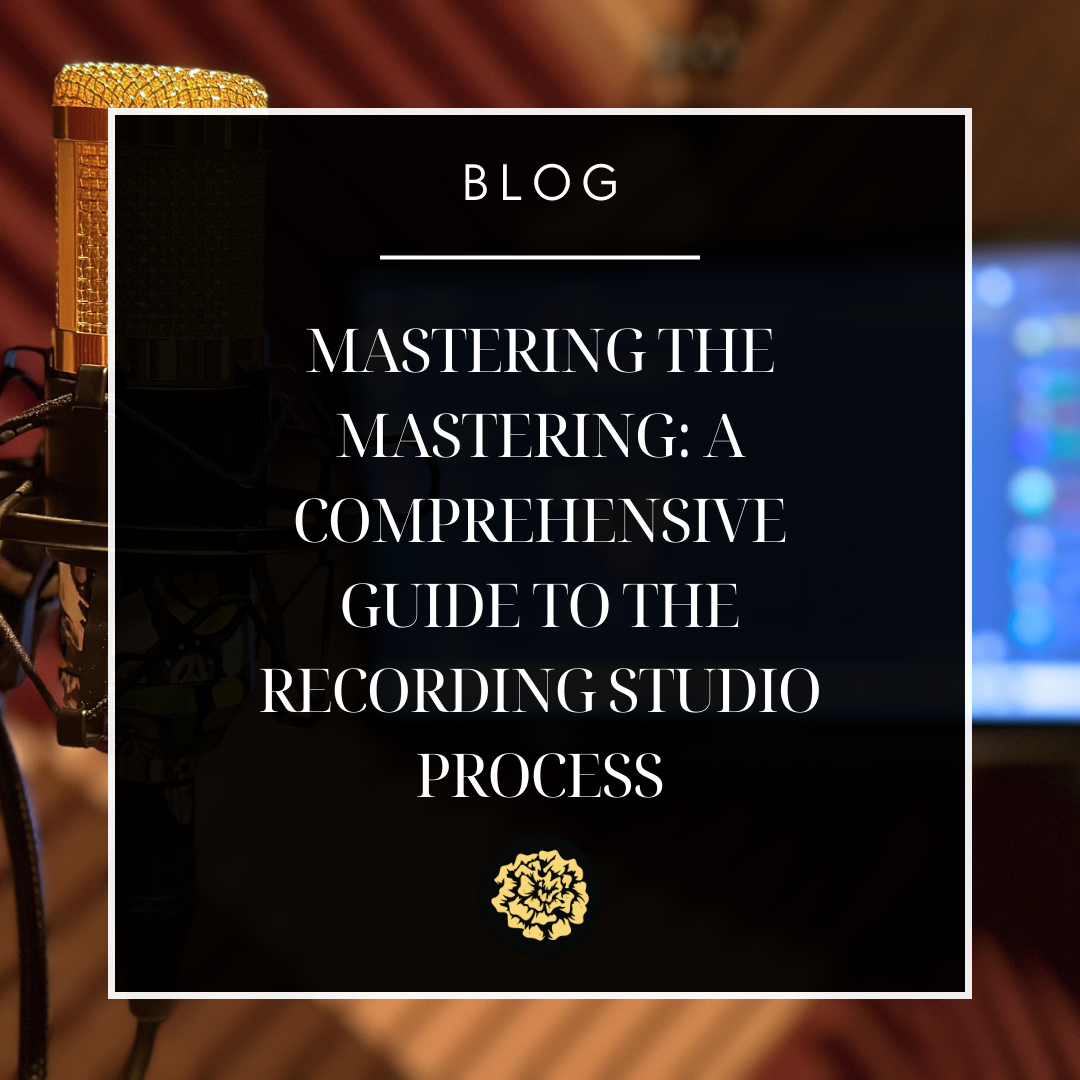Mastering the Mastering: A Comprehensive Guide to the Recording Studio Process
Song Mastering
When you say song mastering, it means you are ready to improve the overall sound of your song. Also, you are giving it a professional touch. You may apply several techniques like equalization, dynamic range compression, stereo widening, and limiting.
These techniques help to balance the frequencies, optimize the clarity, and create a consistent sound. Additionally, it also helps to make the song louder and more impactful. In the end, you get a song ready for all platforms.
In this last step, you have to use your expertise to ensure that your composition reaches its full potential and comes across as polished and sophisticated when it hits the airwaves or other audio formats.
It is a time-consuming process, but with your intricate skill set, you can efficiently complete it. You may start with alignment and equalization adjustments and compression/limiting operations in the initial stages.
Our Song Mastering Process
The song mastering process consists of several steps to ensure a song sounds consistent and professional across all platforms.
EQ
Equalizers are essential tools when mixing, and mastering your track. Applying Equalization to your master mix is absolutely crucial for bringing both life and brightness to your mix. Equalization brings clarity and shape, allowing listeners to pick out individual instruments that form the whole of the sound. Utilizing equalization can help make sure all elements in the track sit well together sonically - giving you a great-sounding end result. Mastering is important, so don't overlook eq! Equalizers bring amazing things to sound, it's time to let yours do the same!
Compression
Compression is the audio engineer's secret weapon in music production. Every master mix should have a compressor applied in order to balance and regulate tone dynamics, ultimately creating a better-quality sound. By using a compressor, we can ensure that your track won't be too loud or too soft compared to other tracks, giving it the best chance of being heard clearly over any speakers. Additionally, the compressor will even out any volume peaks and valleys, as well as give your track a consistent energy flow and momentum which will engage listeners more deeply.
Limiters
limiters are the difference between a track that lacks power and definition and one that packs the punch with absolutely no sound distortion. Limiters are amazing tools for controlling peak levels in your mix, as they act as invisible safety nets preventing sharp-sounding transients from clipping or distorting your finished product. Limiters at the mastering stage are crucial if you want to maximize the volume of your track without any unpleasant surprises.
Why is Song Mastering Necessary?
Mastering is crucial in producing a song and can significantly impact the overall sound quality. A good mastering engineer will carefully listen to the mix and use their expertise to ensure the song sounds as professional and polished as possible.
Song mastering is vital to get a well-engineered and well-made song. It's prevalent for digital recordings to pick up hisses and clicks, and mastering helps you clean up these sounds, so you don't have to worry about them as much.
Mastering also helps you create a cohesive sound for your entire album. It's essential to make sure all of your songs sound uniform, and mastering helps with that. Mastering can take various forms, depending on the type of music you're creating, so it's essential to work with a mastering engineer who can help you create the sound you want. Mastering also helps you ensure that the songs on your album sound balanced and consistent. It can significantly affect how your album sounds and how it is received.
In short, mastering is a vital step in producing a song. It helps to ensure that a song sounds consistent and professional across all platforms and can make a massive difference in the overall sound quality of the song.


